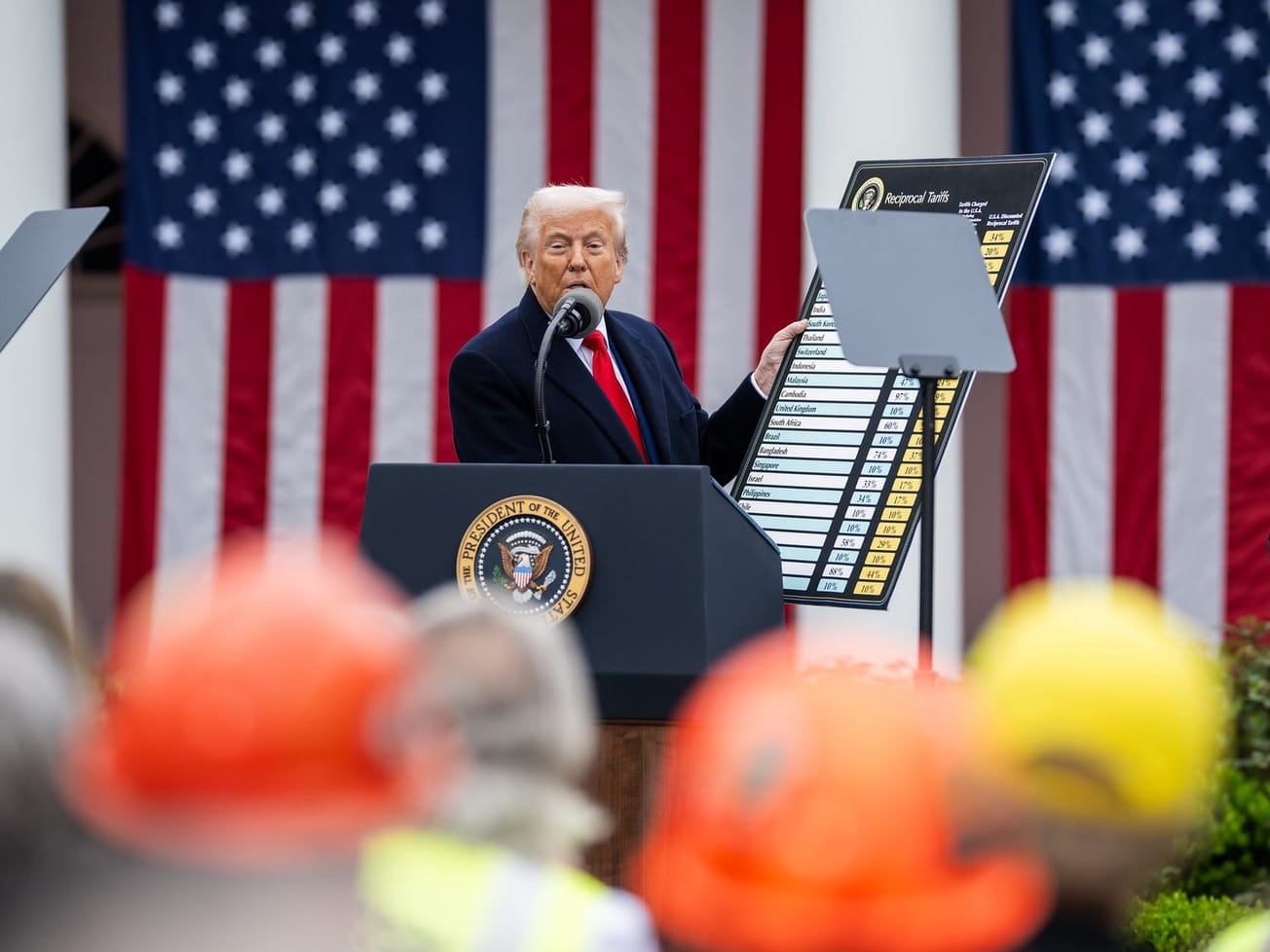LONDON (AN) — The International Maritime Organization's new rules on how nations exchange electronic data between ships and ports took effect this week, affecting more than 10 billion tons of goods per year traded by sea worldwide.
They are part of a 2016 revision to IMO’s Convention on Facilitation of International Maritime Traffic, which is known as the FAL Convention and took effect just over a half-century ago. Malaysia's ratification of the treaty on Wednesday raises to 123 the number of participating nations.









